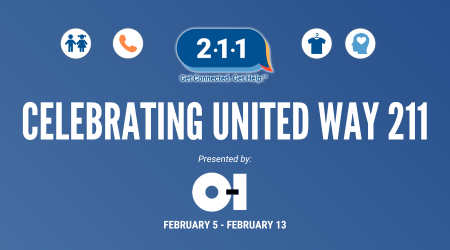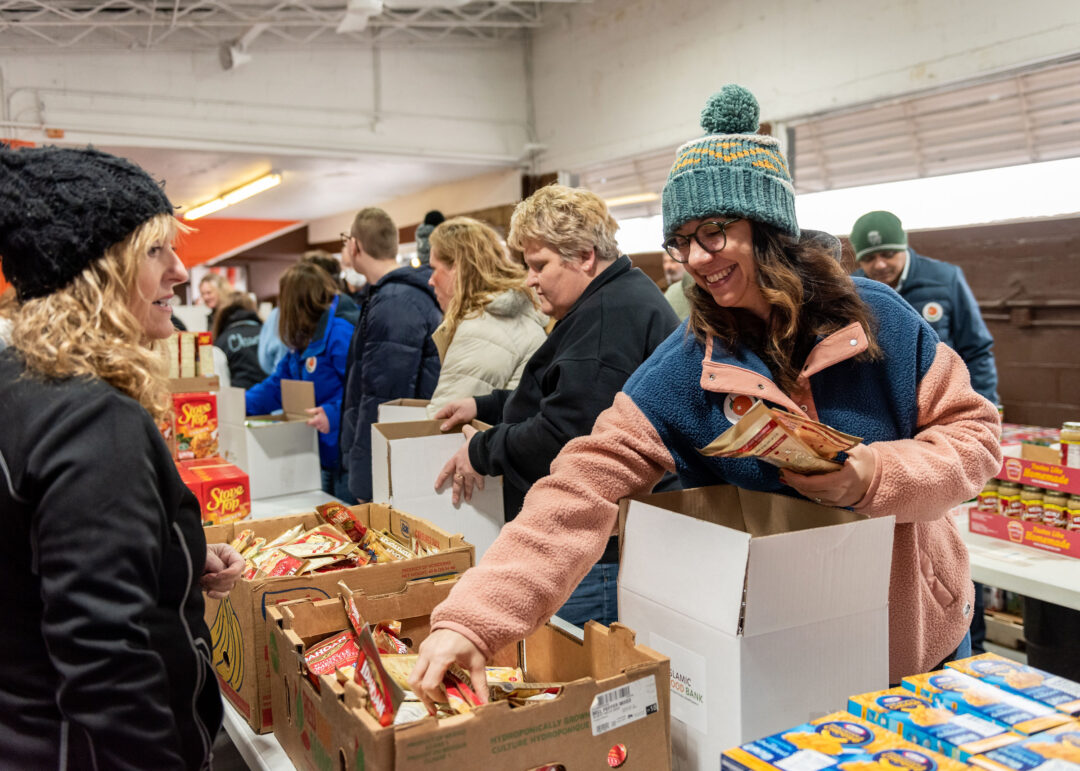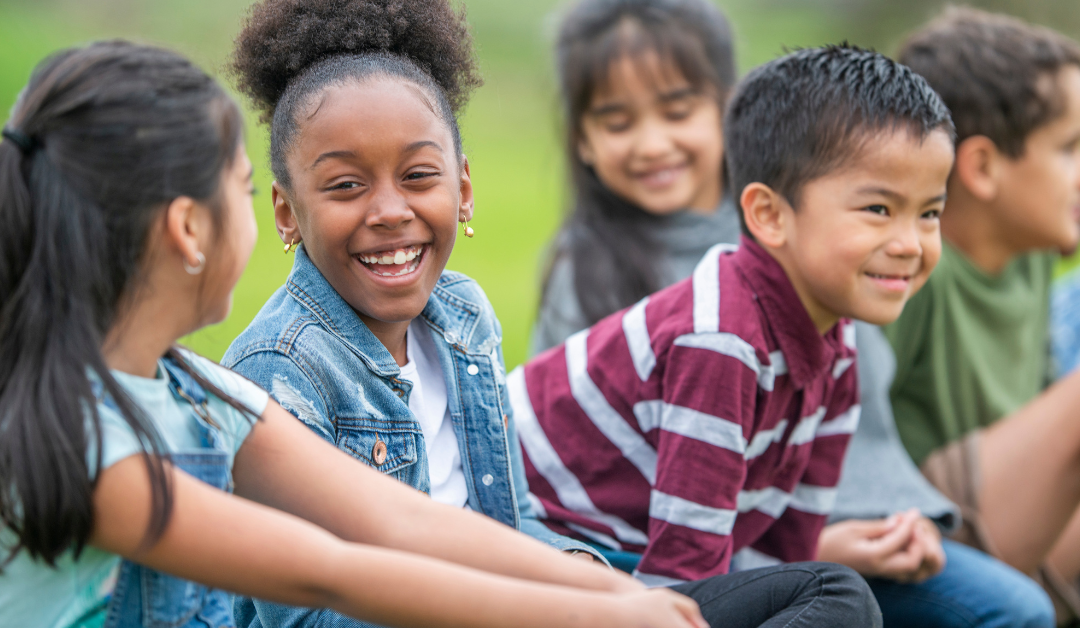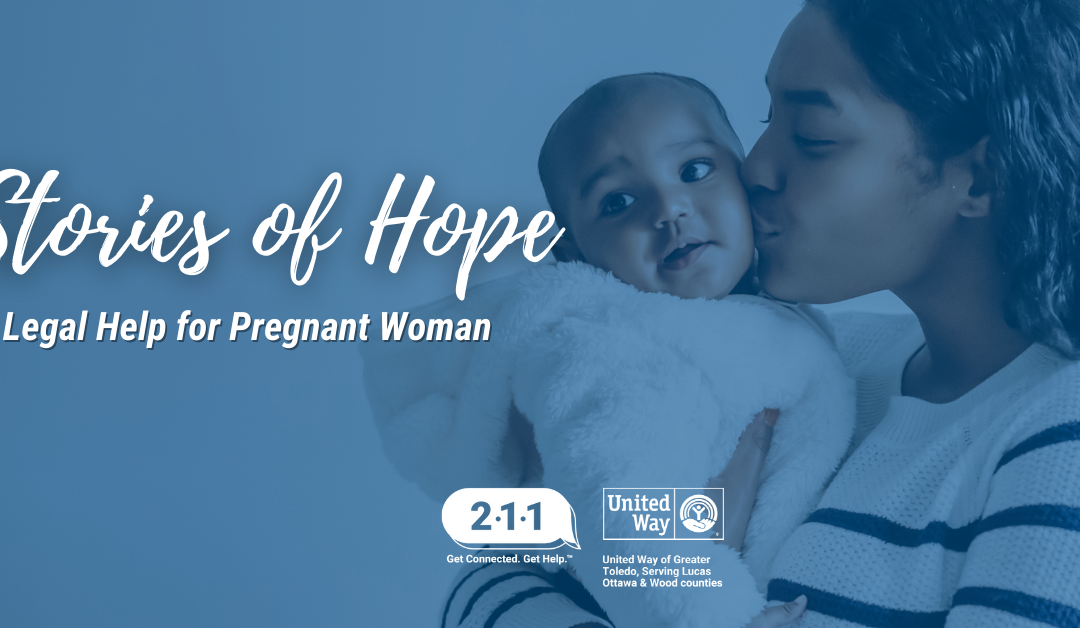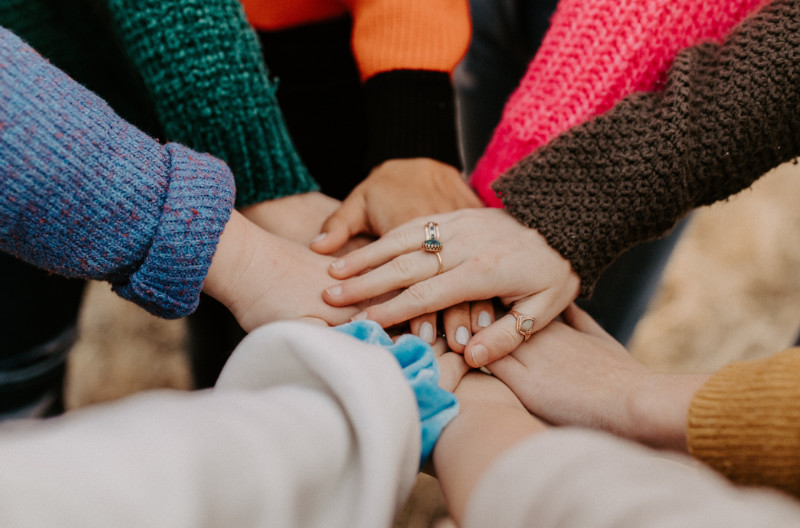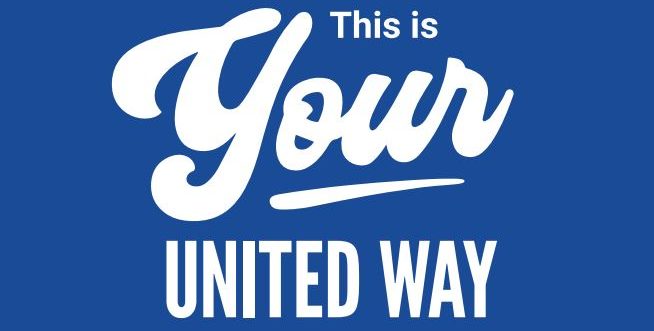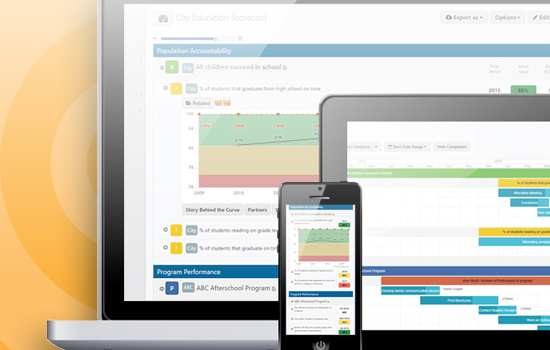Community Impact
Our Work
United Way of Greater Toledo is a funder, we invest dollars to nonprofit organizations in Lucas, Ottawa, and Wood counties who work in the areas of Education, Financial Stability, Health, and Housing. United Way is also a convener, which means we bring together organizations of all backgrounds – private businesses, nonprofits, local government and school systems – to collaboratively address the current and future needs of our community.
How United Way is Using Collective Impact
Collective Impact is a commitment of community members, organizations, and institutions that advance equity by learning together, aligning, and integrating their actions to achieve population and systems-level change.
To make a Collective Impact, a local network must utilize the same structured form of collaboration. We’re investing in our grantee partners by transitioning them to Collective Impact; this is a significant shift for our community. Collective Impact provides our local agencies a better chance of making a maximal community impact through enhanced program performance, collaboration, and, ultimately, an improved return on investment for the resources available to us all.
Collective Impact represents the “what” we’re doing with your investments, and Results-Based Accountability is the “how” – the methodology we’re using to make this change and build capacity in our three-county footprint.
Lead Partners in our Collective Impact Model
We focus our Collective Impact in four areas: Education, Financial Stability, Health, and Housing. As part of the Collective Impact Model (CIM), each of the four areas convenes its own Collaborative, and each Collaborative is led by certified Results-Based Accountability professionals who also have subject-matter expertise.
Collective Impact requires a set of five conditions to be in place, and as the backbone support organization for our granted partners, we work to create and maintain those conditions on behalf of the three counties we serve and the 50 agencies we fund.
- Education: HOPE Toledo
- Financial Stability: Local Initiatives Support Corporation
- Health: Healthy Lucas County facilitated by: YMCA/JCC of Greater Toledo and Hospital Council of Northwest Ohio
- Housing: Lucas Metropolitan Housing and Toledo Lucas County Homelessness Board
1. We define and regularly update the ‘Common Agenda’ for each of our Collaboratives. That means we’re always collecting and interpreting available data to match needs with existing resources.
2. We’ve established a ‘Shared System of Measurement’ so our partners can communicate and collaborate effectively. That means we coach our partners on the usage of logic models: diagrams that explain how a program should operate.
3. We facilitate ‘Mutually-Reinforcing Activities’. For example, our Education partners brainstorm together so they can have valid, specific and relevant data while following FERPA regulation around student and guardian privacy.
4. We promote and practice ‘Continuous Communication’ with our partners to build and maintain trust, along with other aspects of developing our organizational relationships.
5. We serve as the ‘Backbone Support Organization’ – a group of individuals dedicated to aligning and coordinating our work as a collective. In that role, UWGT works to continually improve and adapt based on the evolving needs of our community.
Learn more about United Way of Greater Toledo
Community Partners
See our list of partners serving people throughout our tri-county footprint.
Live United Plan
Learn about how United Way is working to create positive community-level change.
Community Data
Learn about our data and how your dollars are making an impact.


